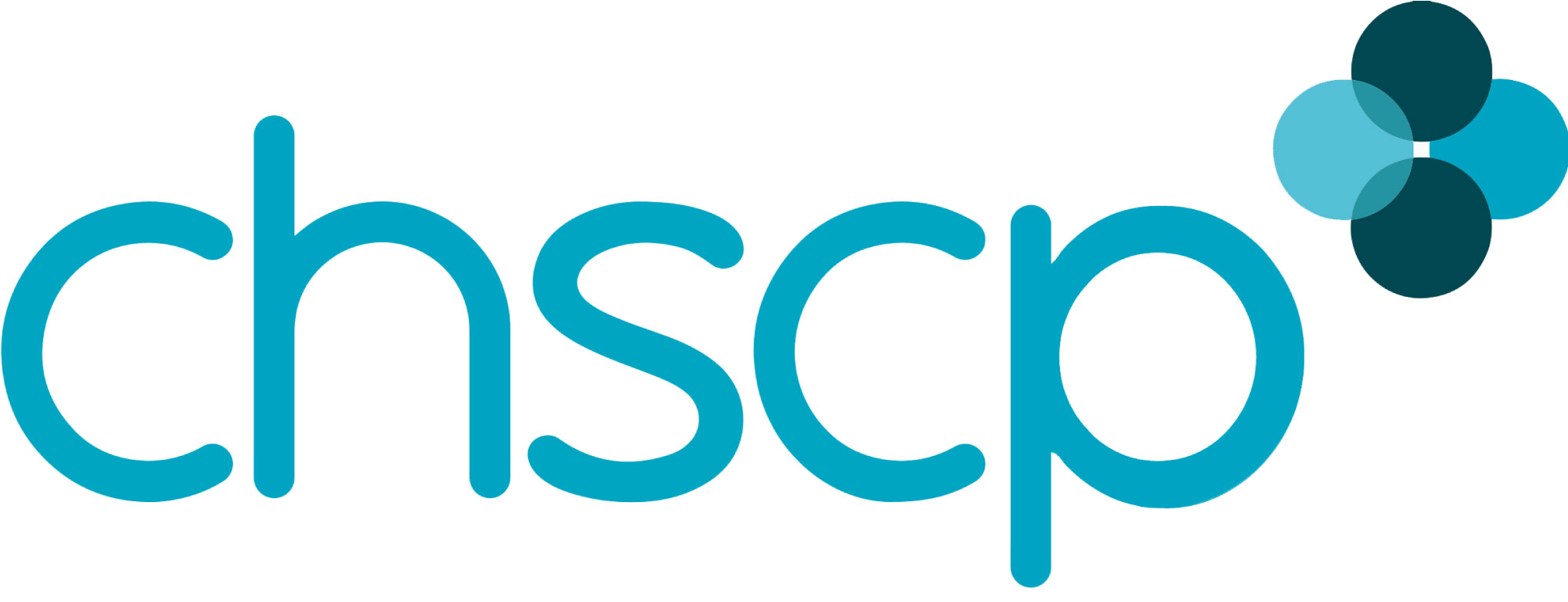Think Family
Our Think Family Approach
Think Family isn’t a new concept, but one that partners across the City of London and Hackney recognise as being essential to securing better outcomes for children, young people and adult family members. As professionals engaged across a variety of services and settings, we also recognise that effective multi-agency practice is more than just “thinking family”.
When it comes to meeting needs and ensuring the protection of some of the most vulnerable people in our society, it’s not just the thought that counts – it’s the action taken. Being committed to such a whole family approach makes sense and requires all services working with a child, young person or adult family members need to work effectively in partnership. It requires all services focussing on prevention and early intervention to secure the best long-term outcomes for everyone. Importantly, it requires the right professionals, with the right skills, being engaged at the right time to help children, young people and adults.
Think Family Seven Minute Briefing
Think Family’ means that practitioners working with children, young people or adults identify the wider family needs which extend beyond the individual they are supporting. Everyone has a responsibility to take a ‘Think Family’ approach in the context of safeguarding children and adults.
Think Family Poster
Download, print and display this poster in your setting / workspace. Key contact numbers are included.
